President Ho Chi Minh 's refusal of complicated rituals and his unwillingness to waste the people's time and money on the occasion of his birthday demonstrated his modesty, simplicity, thrift, integrity, the precious qualities of a public servant, a "servant" of the people. That personality and nobility made Uncle Ho's image even more beautiful and shining in the hearts of the Vietnamese people and international friends.
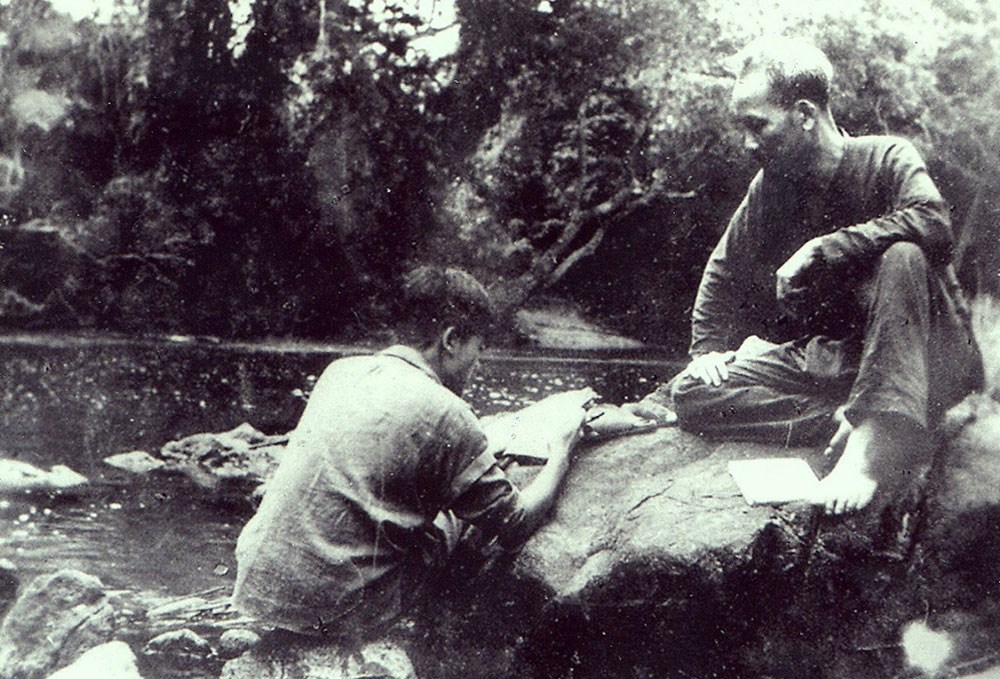 |
| President Ho Chi Minh at Dang Waterfall, Tuyen Quang , 1951. Photo: Document |
The story about Uncle Ho's birthday on May 19, 1948 in the Viet Bac resistance zone that comrade Vu Ky, Uncle Ho's secretary, told was also a small story but had such great meaning. During the meal that day, comrade Vu Ky confided in Uncle Ho some issues about solidarity in the service department and told Uncle Ho: " I have worked with you for quite a long time, but I have never seen you speak harshly to me. But just a few brothers, sometimes we get angry with each other." Uncle Ho ate and listened to comrade Vu Ky speak, then gently said: " You have worked with me for a long time, so I have worked with you for a long time too, but I have never seen you get angry with me! " While Vu Ky was surprised by Uncle Ho's way of posing the question, he heard Uncle Ho continue, still in a gentle voice: " If you and I have any difficulties, we should discuss them with each other and solve them together. Why should we speak harshly or get angry? That is because Uncle Ho respects you, and you respect Uncle Ho. So, just think for yourself, in your working relationship, have you truly respected each other? According to Uncle Ho, the reason you often get angry with each other is because you do not respect each other properly." Uncle Ho's words were simple and affectionate, reminding cadres and party members to first have a pure heart, be cultured , be calm in handling work, and be tolerant and generous in behaving and communicating with each other. The more Vu Ky thought about it, the more he understood. Being hot-tempered and irritable is not a personality trait. If it is a personality trait, why is it that you usually only get angry with subordinates and never dare to get angry with superiors?
The story did not end there. The meal included a dessert of bananas grown by Uncle Ho himself. When sitting at the table, Uncle Ho intimately told comrade Vu Ky to eat rice in moderation and leave room for bananas. While eating the bananas, Uncle Ho asked: “Do you find the cake delicious? Yes, Uncle, it is very delicious! So when I invited you to eat rice, I did not tell you that there would be cake for dessert, and just let you eat until you were full, would the cake still be delicious? Yes, Uncle, it would be less delicious!” Comrade Vu Ky was trying to think about what Uncle Ho was trying toteach when he said this, Uncle Ho continued to ask: “If it is less delicious and I keep forcing you to eat it, will you be upset? Yes, Uncle, I will be upset!” Uncle Ho kept leading like that and concluded: “ Cake is delicious but if eaten at the wrong time it is not delicious, if eaten in the wrong way it is even more delicious. Self-criticism and criticism are the same. It must be at the right time and in the right way. And the important thing is to know how to respect each other ” (2).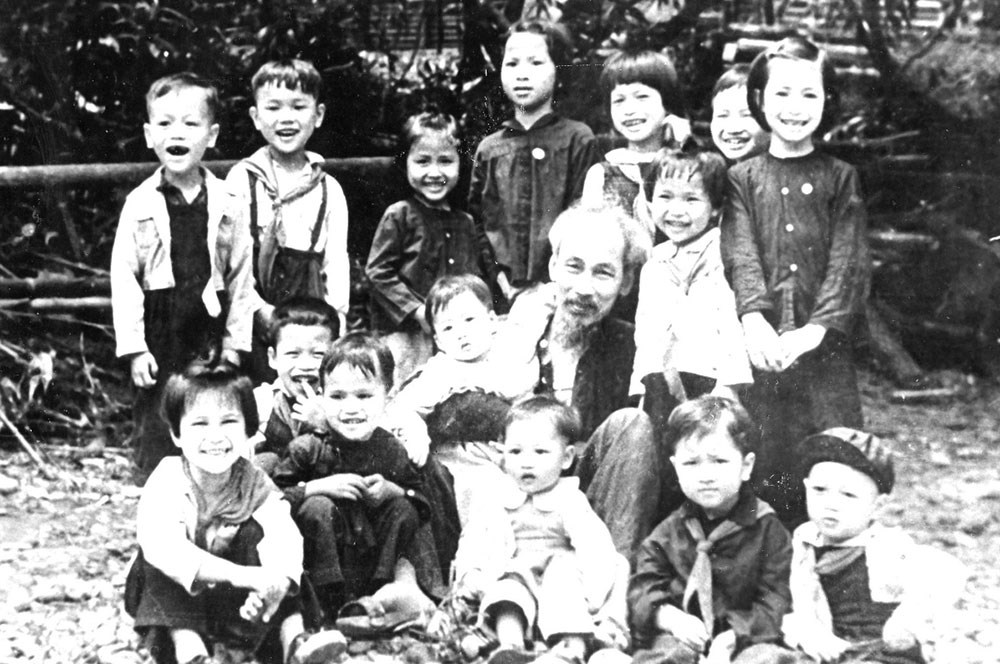 |
| President Ho Chi Minh with children at ATK Dinh Hoa, Thai Nguyen, 1951. Photo: Document |
Just through a small story about Uncle Ho's birthday, it leaves us with a profound lesson: a lesson about love for people and sincerity. That is the lesson of all lessons in Uncle Ho's work of winning people's hearts. Uncle Ho, first and foremost, is a man of kindness and compassion. Kindness from the lifelong goal that he pursued to a small daily action. Kindness to everyone and even to those who make mistakes and have shortcomings.
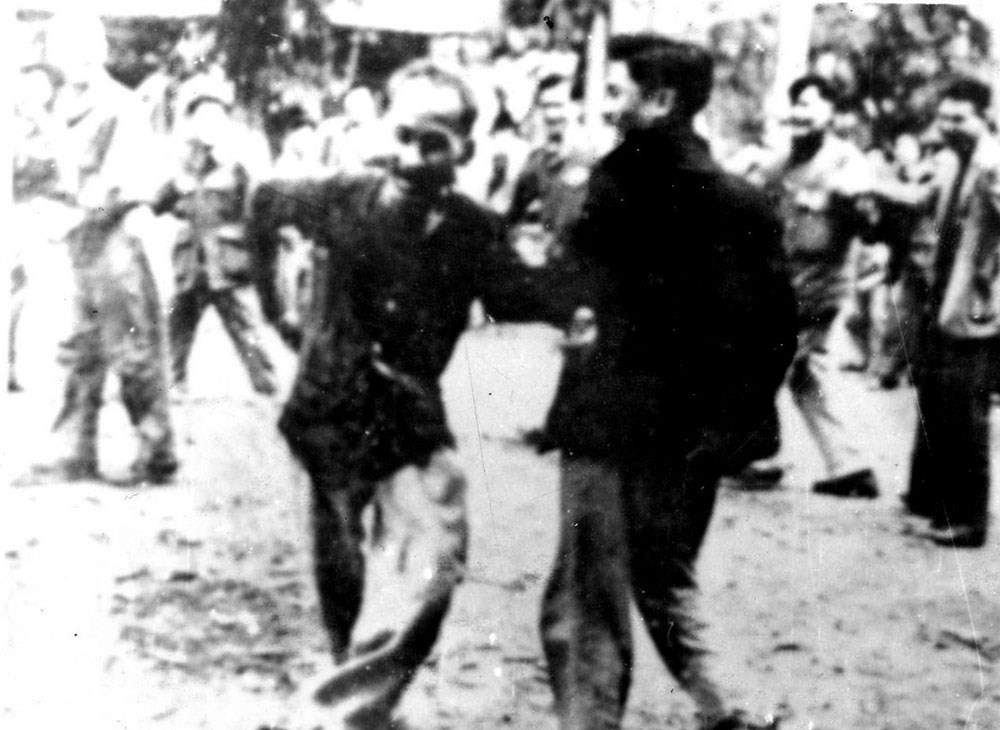 |
| President Ho Chi Minh participated in mass art activities held at Viet Bac base in 1953. Photo: Document |
From that birthday on May 19, 1948, through 18 birthdays of Uncle Ho, on the occasion of his 76th birthday, in the document "Absolutely Secret" - the Testament left to the entire Party and all our people, Uncle Ho reiterated that, but raised it to a higher level. He hand-wrote the words " There must be comradely love for each other " after the paragraph " Within the Party, it is necessary to practice democracy widely, regularly and seriously self-criticism and criticism, which is the best way to consolidate and develop the solidarity and unity of the Party ". In an important document that has been pondered for many years, in a person whose writing style has been considered in every sentence and every word, these phrases are truly profound. It shows that, besides the determination in self-criticism and criticism, Uncle Ho paid great attention to the pure heart in Party activities, the "love" in solidarity, in the life of the Party and more broadly in the relationships between people. He wanted to remind us that if we do not start from mutual respect, from “comradely love for each other”, all self-criticism and criticism will not bring good results, and may even create an atmosphere of fighting, a purge within the Party. That will only weaken the Party’s strength. Combined with democracy, “comradely love for each other” will create an open and trusting atmosphere, arousing all creative potential to build the Party and the country. This thesis is a great contribution of President Ho Chi Minh to the science of Party building and is extremely appropriate when placed in the specific context of the Communist Party of Vietnam as well as the psychology and tradition of “reason and love” of the Vietnamese people. This lesson, this tradition will forever remain valuable, forever be a handbook for our Party to maintain the strength of a ruling party, unite forces and social classes to help the country overcome all difficulties and challenges, and successfully realize the goal of a rich people, strong country, democracy, fairness and civilization.
VU THI KIM YEN (President Ho Chi Minh relic site at the Presidential Palace)







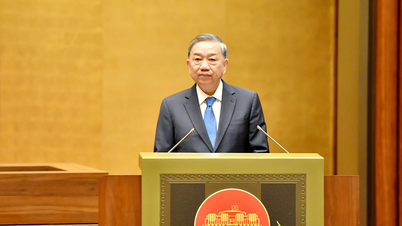

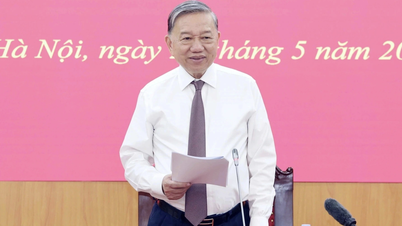

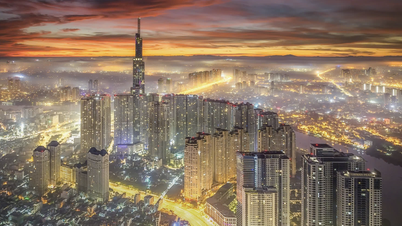

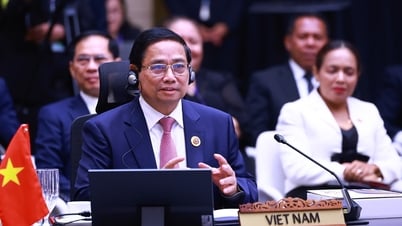
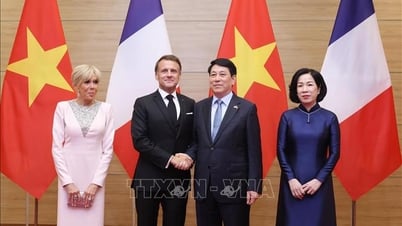
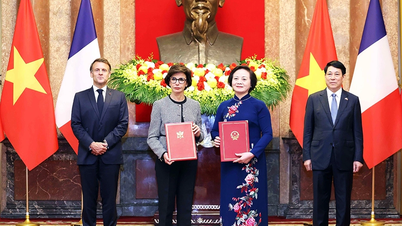





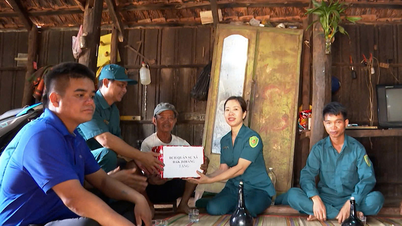
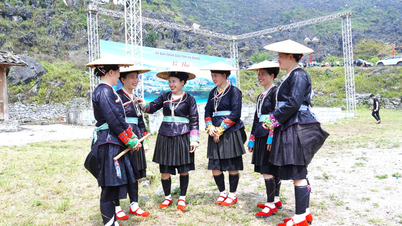
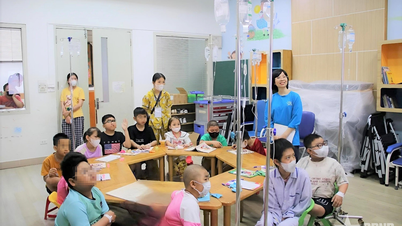
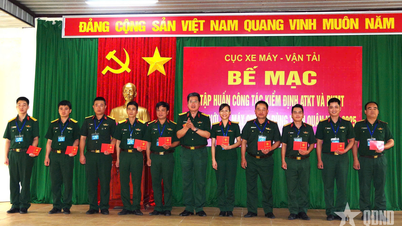
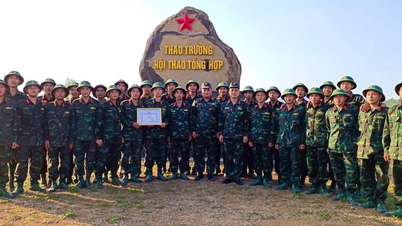
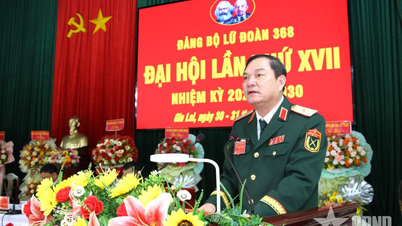















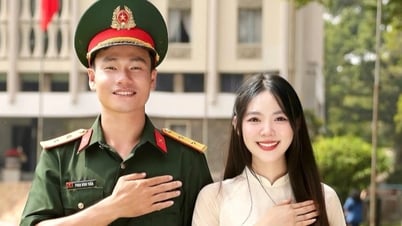










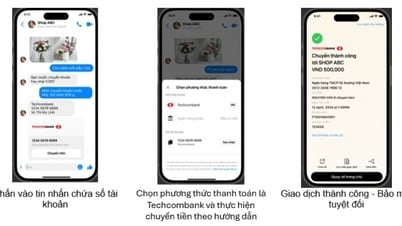

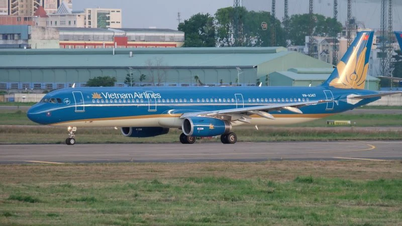
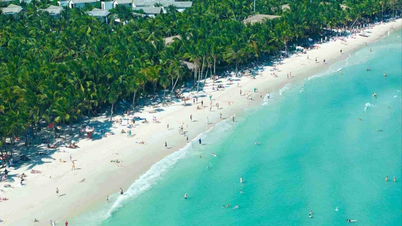


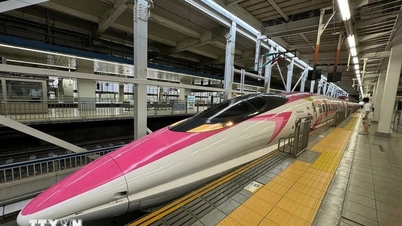

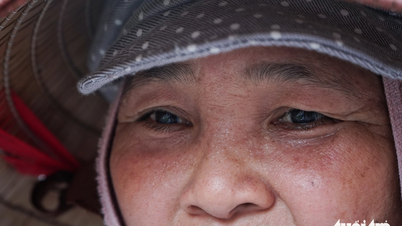
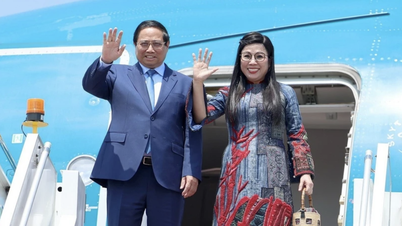
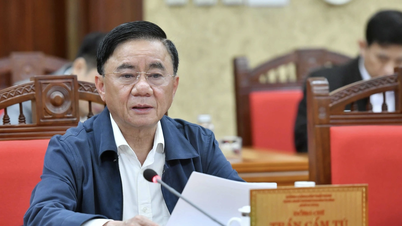
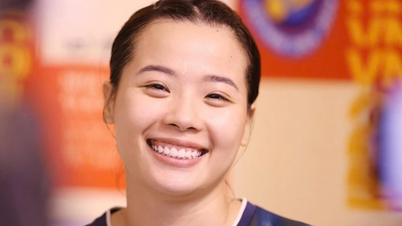
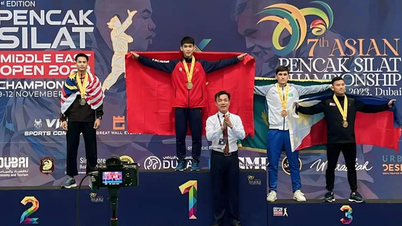

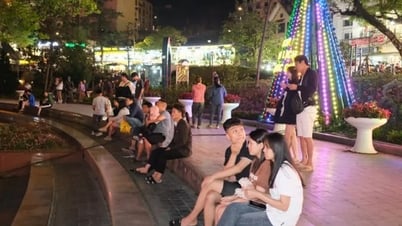
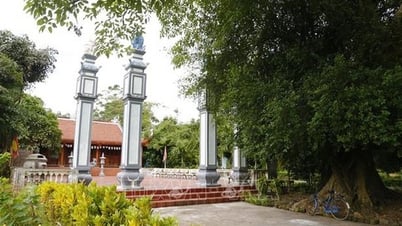

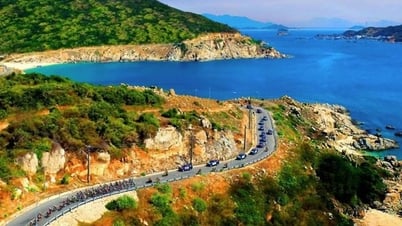
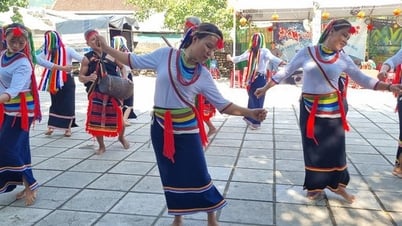
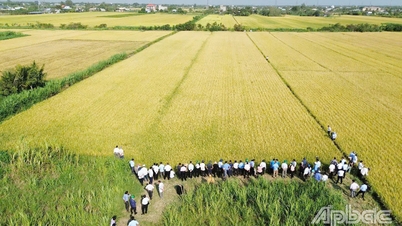

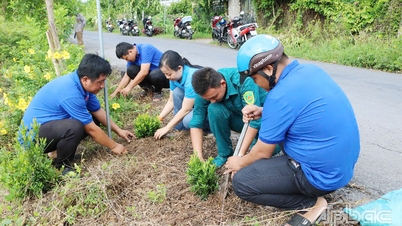
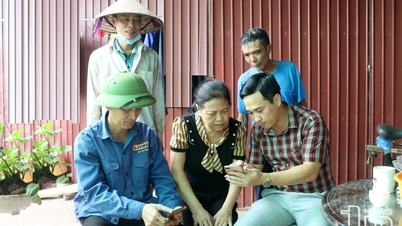

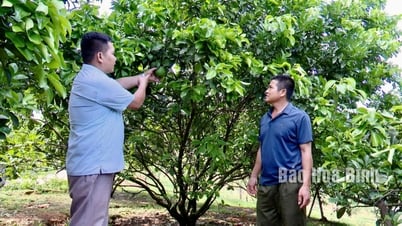

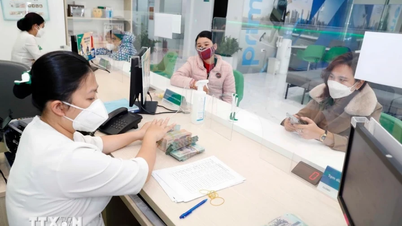














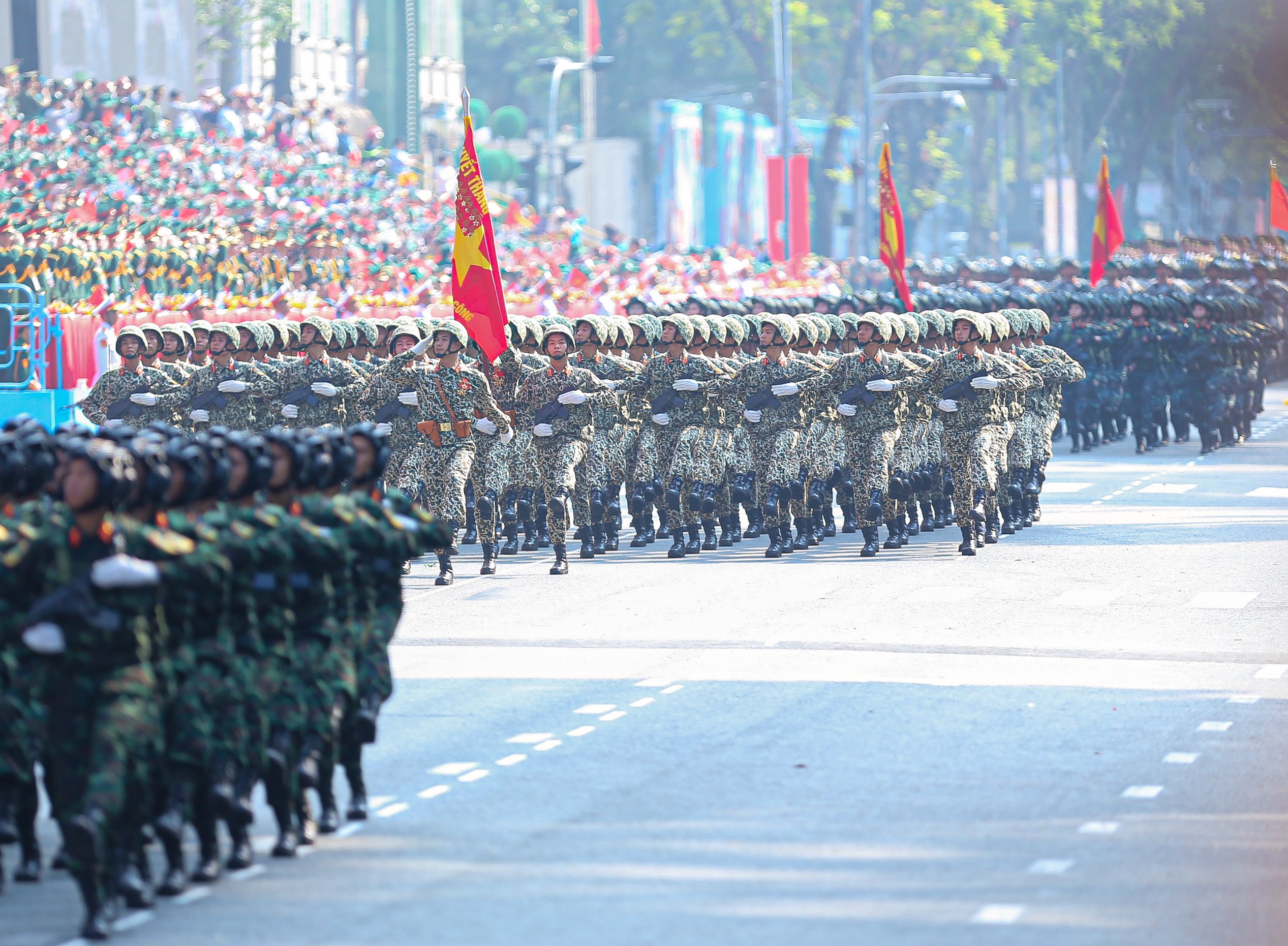
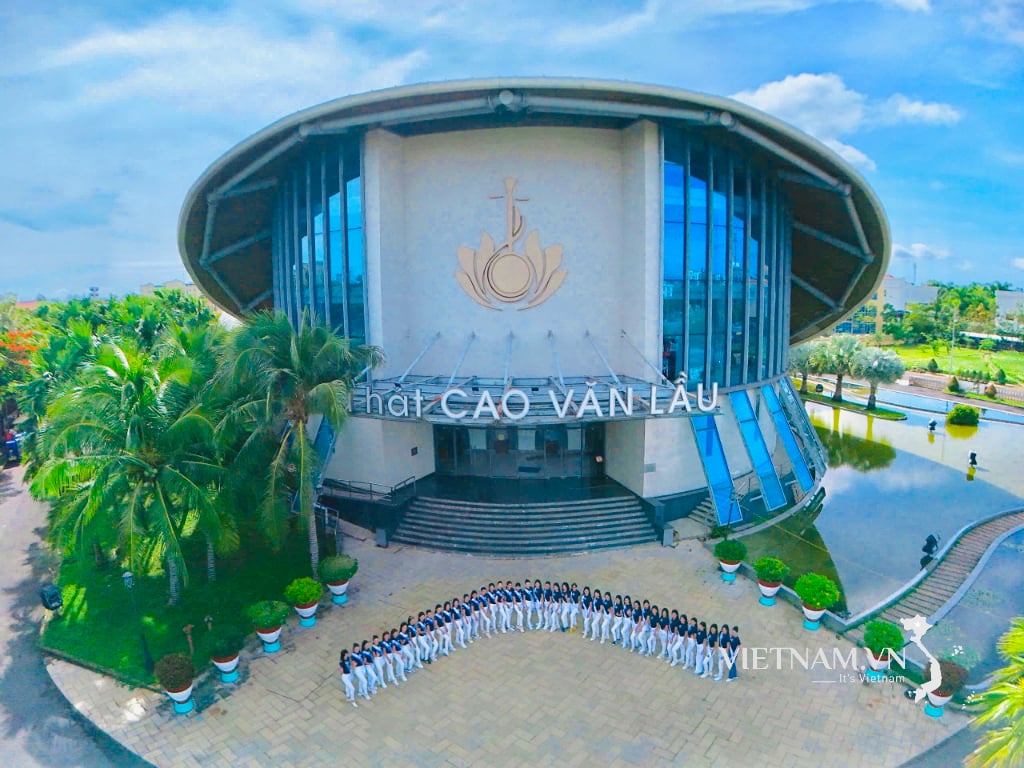
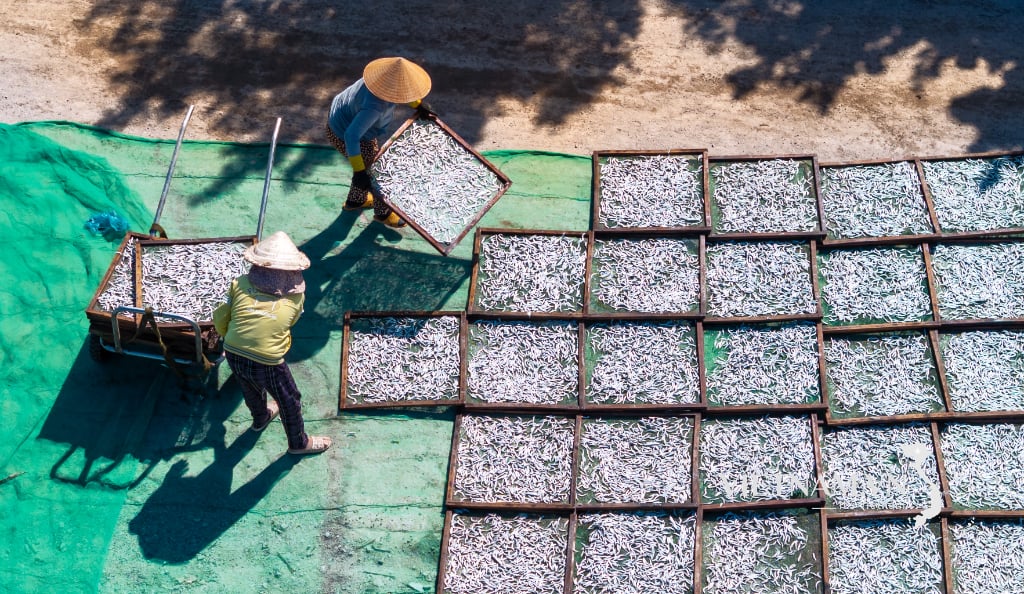

Comment (0)